
There was a time in history when people moved to the city to use power and utility grids. However, this ‘golden era’ is greying for many as carbon taxes, energy prices, and global temperatures continue to rise. The solution: getting off the grid, and returning to a time long before hydro and natural gas bills existed.
High costs give some homeowners a good reason to leave the grid. Others choose to cut their ties for ecological reasons. Whatever reason you choose, there are a few essential things that you ought to know before you start living off the grid. We’ll help you understand them and show you how to start living off the grid as soon as you’re ready.
Do you have a home improvement job that you need a quote for? Post your reno project for FREE. A contractor will contact you about it ASAP!
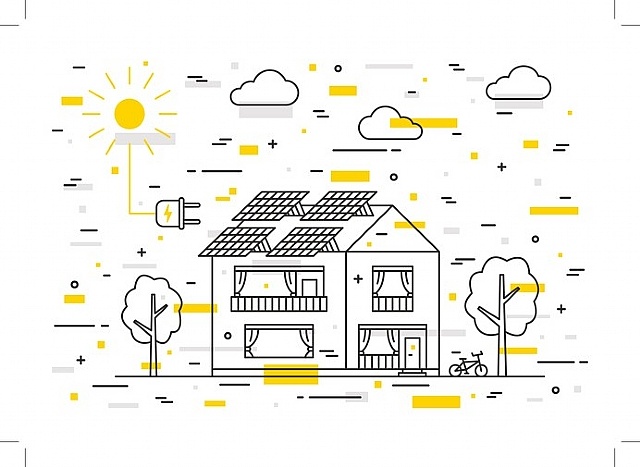
What is ‘living off the grid’?
Those who live off the grid divorce themselves from the electrical and utility services sold by their province. These folks turn to a self-sufficient power system. Thus, the total home electrical needs are generated by sustainable energy technology. It’s a great option for the eco-conscious or folks who are tired of paying thousands for their basic energy needs.
Curious about what your neighbours have to say about the plumber you want to hire? Read local contractor reviews now!
How do I start living off the grid?
Ask your Municipal Government
Believe it or not, but disconnecting from the electrical grid may be against your municipal bylaws. So, before you get excited about the idea, call your city hall and ask them about it!
Your city may deny you an occupancy permit if your home is not connected to the electrical grid. If your city doesn’t allow for it, then consider relocating in order to pursue your dream. Off the grid living may be less of an issue in rural areas.
Choose your Location Wisely
Off the grid living is a great idea in theory, but you need to make sure that it works in practice too. Do your geography research to make sure that renewable energy is a viable option for your home (e.g. do you get enough natural sunlight, wind, or water to harness for power?). If the location does not provide bountiful renewable energy opportunities, then you may want to choose another location.
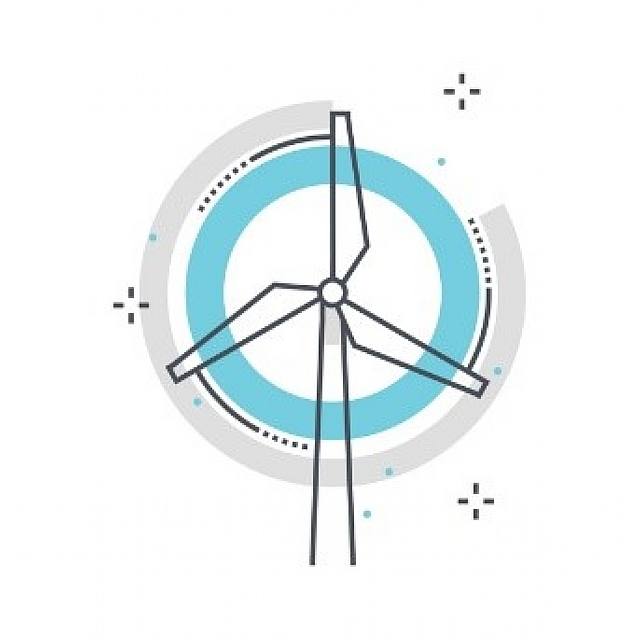
Think about your Home Energy Efficiency
You could go off the grid with your existing home. In order to do that, you would have to install renewable energy technology to power your home. Another option would be to start fresh with a new home build, which has its share of advantages.
You can design a new home to be energy efficient. Things such as size, materials, and layout will impact your home’s energy efficiency. Try consulting a general contractor, design build company, or a home builder.
Here is some more information if you’re not sure what the difference is between general contractors and home builders.
Consider these two options if you decide to do a new build:
- Tiny house: a tiny house is a downsized and functional living space. You can have a tiny home custom made. Some tiny homes can be designed for mobile living, but stationary designs are popular as well. Make sure that your municipality allows for tiny home dwellings.
- Passive house: a passive house is designed based on rigorous standards for energy efficiency. Passive houses are designed to reduce ecological footprint. They also require little energy to operate, heat, and cool. Passive houses need not be tiny houses.
Understand the Costs of Renewable Energy
The upfront costs that come alongside renewable energy technology can be high. However, they do pay off in the long run. Plus, some provinces allow you to sell your excess energy back to them. Here are some general costs for residential renewable energy technology:
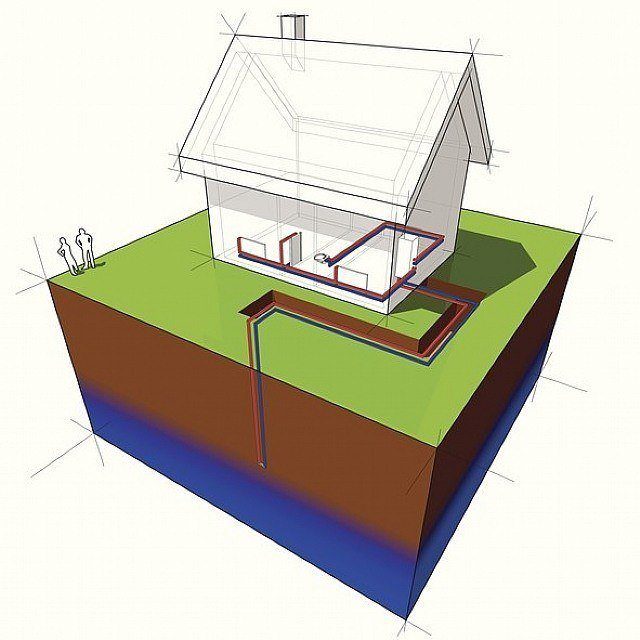
Geothermal energy systems us natural heat from the Earth to drive a steam turbine. This creates electricity and heat energy that can be used to power heating systems.
|
Photovoltaic (PV) solar panels |
$7 - $9/kWh including labour and installation (roughly $25,000 - $35,000 total) Solar energy inverters and batteries: these can cost you thousands of dollars. Inverters can cost $1,000 - $2,000+. Batteries can cost between $500 - $1,000+. |
|
Geothermal |
$20,000 to $25,000 (to power a 2500 ft2 home) |
|
Micro hydro |
$5,000 - $60,000 (for system that generates between 1- 10kWh) |
|
Wind |
$3,000 - $8,000/kWh (smaller homes may require 10kWh, expect to pay around $40,000+) |
7 Things you should Consider before Going off the Grid
Did you know that you can post your home improvement project online for free? Contractors will contact you to set up a meeting!
1. Renewable Energy Education
Do your research. You should know what technology is best for your location and energy needs. Consider consulting a community college, building supply store, or an expert. Be sure to learn about alternative energy, passive and active energy, and storage batteries to cover the basics. If you learn enough, you may be able to DIY this project!
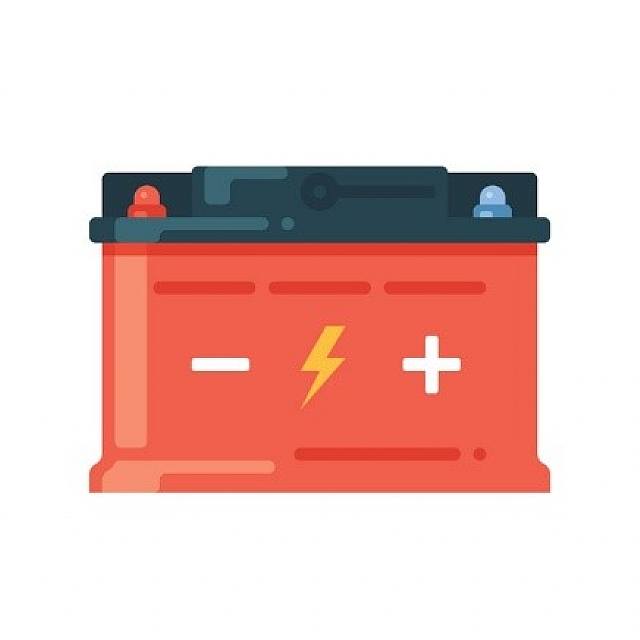
Another essential aspect of off the grid living that you will need to research is battery storage and renewable energy technology. Certain renewable energy systems may be better suited for your environment than others. For example, if you live on an island, a windmill or micro hydro may be the best technology for you. If you believe that solar energy is better, the next step for you to consider would be sizing the solar grid.
You must make sure that the harvested energy will suit your needs. This may require more solar panels, or a combined energy approach (e.g. wind and solar, or water and solar). Ask an expert when it comes to sizing the electrical load.
2. Think About Your Home Energy Requirements
There is a big difference between a high-performance energy efficient home, an energy efficient home, and a McMansion. Different home designs use energy more efficiently.
Those who want to get off the grid while living in their existing home should do the following:
- Get the home inspected for energy leaks (this costs about $150)
- Find out the load necessary to run your home comfortably
- Consider changing features of your home to improve energy efficiency (i.e. window installations, home insulation, caulking)
- Decide whether you can make this work given the renewable energy technology you can afford
Pro tip: making suitable upgrades to accommodate an off the grid lifestyle before purchasing renewable energy technology can be extremely expensive. A new build may be more affordable.
3. How Much Power do you Need?
It’s essential to think about how much power you use on a daily basis. This will help you understand what technology and batteries you will need to get off the grid. Heat-generating appliances use a lot of energy. For example, a toaster can use 1500 watts to make a couple of pieces of toast! Factor this in when you’re rationing home appliance energy needs.

You can calculate your power needs by:
- Taking your monthly electrical bill and dividing the kilowatt-hour usage by 30, then multiplying that by 1000. This will give you an average energy usage for one month. However, finding an annual average will be much more helpful for those who live in four-season climates.
- Using an online appliance energy consumption calculator to determine kilowatt-hours necessary to power essential appliances in the home. This may be more helpful for those who wish to start fresh in a new home (especially a tiny or passive home).
Learn how to reform your energy use habits before taking the plunge. Energy will be more scarce. Get creative with your regime. For example, consider air-drying or magnifying the sun’s heat to dry your clothing, rather than using a dryer.
If you don’t think that you can keep your energy usage down, then going cold-turkey on the power and utility grid will be a big challenge for you.
Some experts claim that those who use more than 15 kilowatts/hour will have challenges relying on solar power to live a comfortable life. Think long and hard about this decision before you commit to it!
4. The Sun can Heat your Home
Despite the Canadian northern climate, most of the extremely cold areas such as Yellowknife and Prince Albert have a lot of direct sun in the winter.

The low-lying northern Canadian sun shines directly into south-facing windows. Triple-pane argon windows will trap light heat inside. The home can stay heated well after the sun goes down. If the room has tile floors this heating effect will last longer, and this means a longer period when the furnace is off.
5. Light Reform
A well designed off the grid home should take advantage of daylight for indoor lighting. In addition, changing all lights to LED equivalents will help cut back on energy consumption. You can either replace the bulbs, or have an electrician install LED pot lights.

Compact fluorescent lights (CFLs) have largely replaced the old incandescent bulbs. However, any energy efficiency expert would tell you to make the switch to LEDs because they consume around 40% less watts than CFL bulbs. Besides, CFLs contain a poisonous mercury gas, which is a serious health and environmental risk.
6. Make some Friends
Making friends with people who have taken the plunge could be a better resource than reading about off grid living online. These folks have extensive experience. They could give you some valuable insider tips that will help you get ready for your next project. You can also try asking questions on our Ask the Pros Forum too!
7. Utilize a Grid-Tied Approach
Going cold-turkey on the energy and utility grid is a big step. Before you jump into it, ask yourself if you can adjust your lifestyle to suit an off the grid lifestyle.
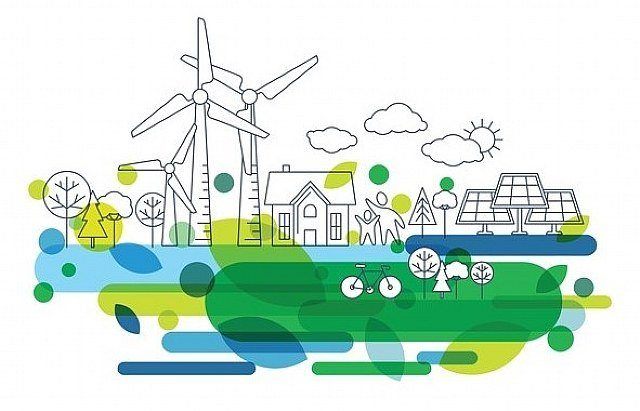
This lifestyle may restrict some everyday luxuries that you’re used to. You may have to be extremely conservative with your energy usage. Some experts claim that those who use more than 15 kilowatts/hour will have challenges when it comes to relying on solar power to live a comfortable life.
If this seems like it’s going to be too challenging, then you may want to try a grid-tied approach. Many Canadian power companies will buy the excess power that you produce and give you a credit on your account to use in the future.
A grid-tied approach negates battery use. Storage batteries are used to bank energy when power is sparse. Off the grid newbies may feel more comfortable with this security net.
How to Make the Most out of Off the Grid Living
How far removed from civilization do you want to be? There are several ways to become more independent. If you are serious about severing your ties to the grid then consider stretching your independence a bit further. Think about the following:
Sanitation
- Septic tank: septic tanks utilize a natural waste decomposition process that takes wastewater and converts it into clean water. The clean water is placed back into the soil and is filtered into the water table. Homeowners must have their septic system cleaned every two years. This project isn’t recommended to the everyday homeowner, so if you’re thinking about installing a septic tank call a specializing company or speak to a plumber.
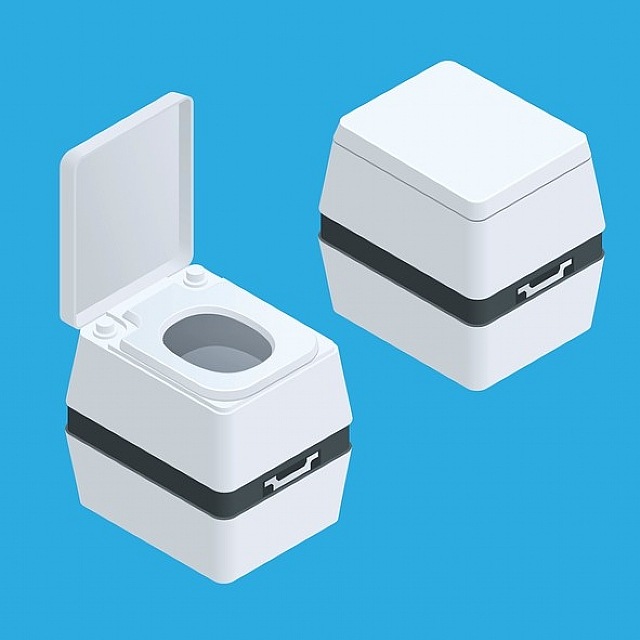
A composting toilet is a waterless system that naturally decomposes waste. Certain models require homeowners to evacuate the system every once and a while.
- Composting toilet: some folks make their own composting toilets, but other options are available on the market. The system is designed to naturally decompose the waste that's inside the device. Homeowners are very happy with their composting toilets. Some use the decomposed waste as fertilizer for their crops too. This system does not require water, which is great for those who are water-conservative! Homeowners can install this system on their own.
- Outhouse: a good old outhouse is a rural and no-fuss waste removal system. It’s probably one of the cheapest options, but it does require some carpentry skills and a bit of digging. The biggest disadvantage is that the outhouse is located outside of the home, which is why some prefer other options. An outhouse hole should be around 6 feet deep with a ventilation hole. You will have to neutralize the nitrogen with carbon as well. You may need a permit for an outhouse or pit privy (some cities may not allow it). Homeowners can DIY this project, or call a carpenter to build the structure.
Water

Water may be limited by geographical location. But, if you have the money and are serious about getting off the grid, you should invest in a reliable and stable water supply. This does not have to be a massive project. However, it may be permit dependent. Options include wells, rain catchers, or municipal water lines (if you’re willing).
Farming
Growing vegetables is a great way to become less dependent on corporations for your basic needs. Farming your own crops can save you a lot of money while giving you a rewarding (and delicious) experience. Always check in with municipal bylaws to make sure that you can execute small to large scale farming operations on your land. Farming is only sustainable if you have sufficient access to water.
Medicine

Consider taking advantage of naturopathic medicine for mild ailments. Though some things cannot be substituted, there are a variety of effective medicinal plants that can be grown throughout Canada (i.e. aloe, willow bark, and nettle). Homegrown naturopathy can really add a feather to your independence cap.
Livestock and Animals

Owning livestock is municipal bylaw permitted. If you may, having cows, chickens, or pigs can go a long way. You can choose between high and low maintenance animals. They are great for farm maintenance and food; however, some require more land to raise than others. Just check in with your city bylaws before you invest.
Back to Bartering
It may seem old fashioned, but developing a community that relies on its members for goods and services exchanges can be a great way to develop new relationships and take a further step away from conventional living--even if you continue to have a job in the city.
Escaping the grid is not an easy feat. However, as you continue to separate from it, you will see big savings. Cheap and gradual methods are out there too, so keep your chin up. In the meantime, celebrate all the independence you can get!
If you’re seriously considering going off the grid and have questions about it, feel free to post them on our Ask the Pros Forum!
Do you have any experience with getting off the grid? We would love to hear about it in the comments section! Please post below.
Posted by: TrustedPros





